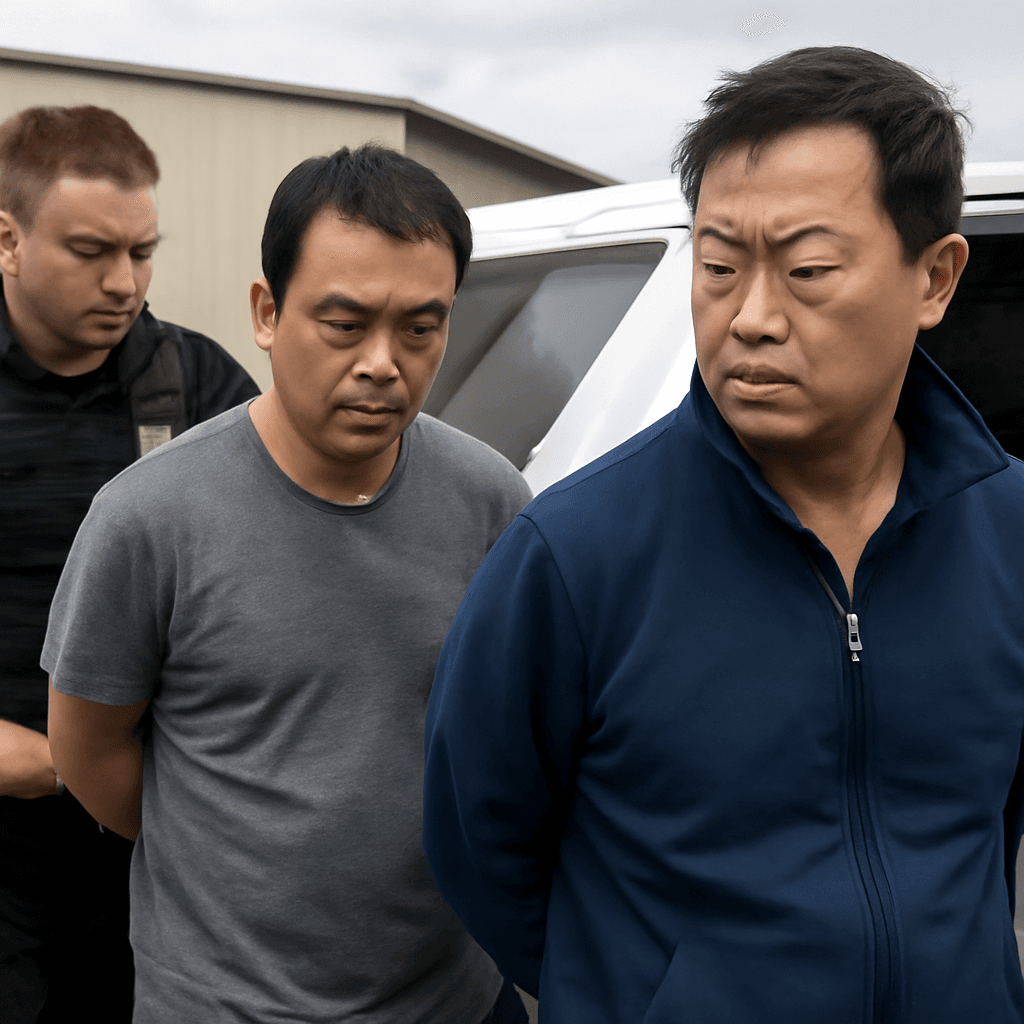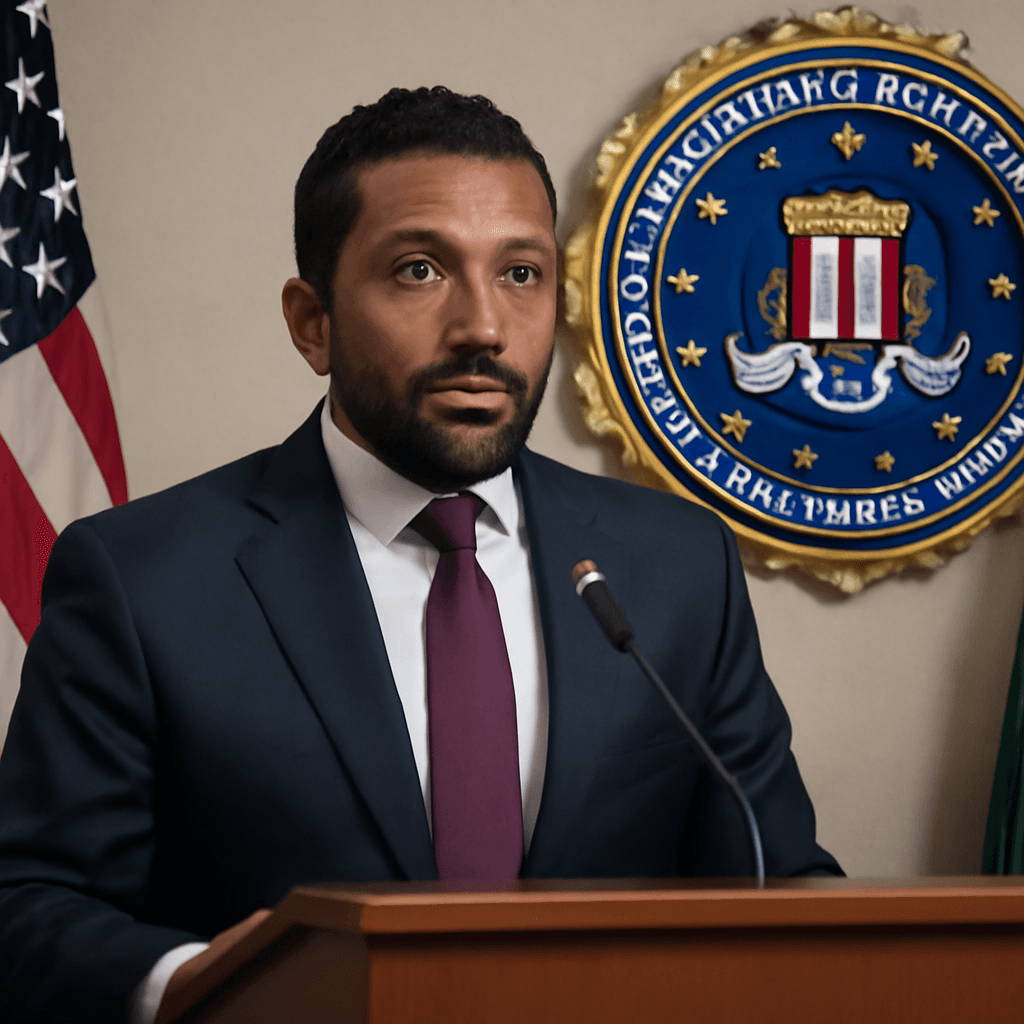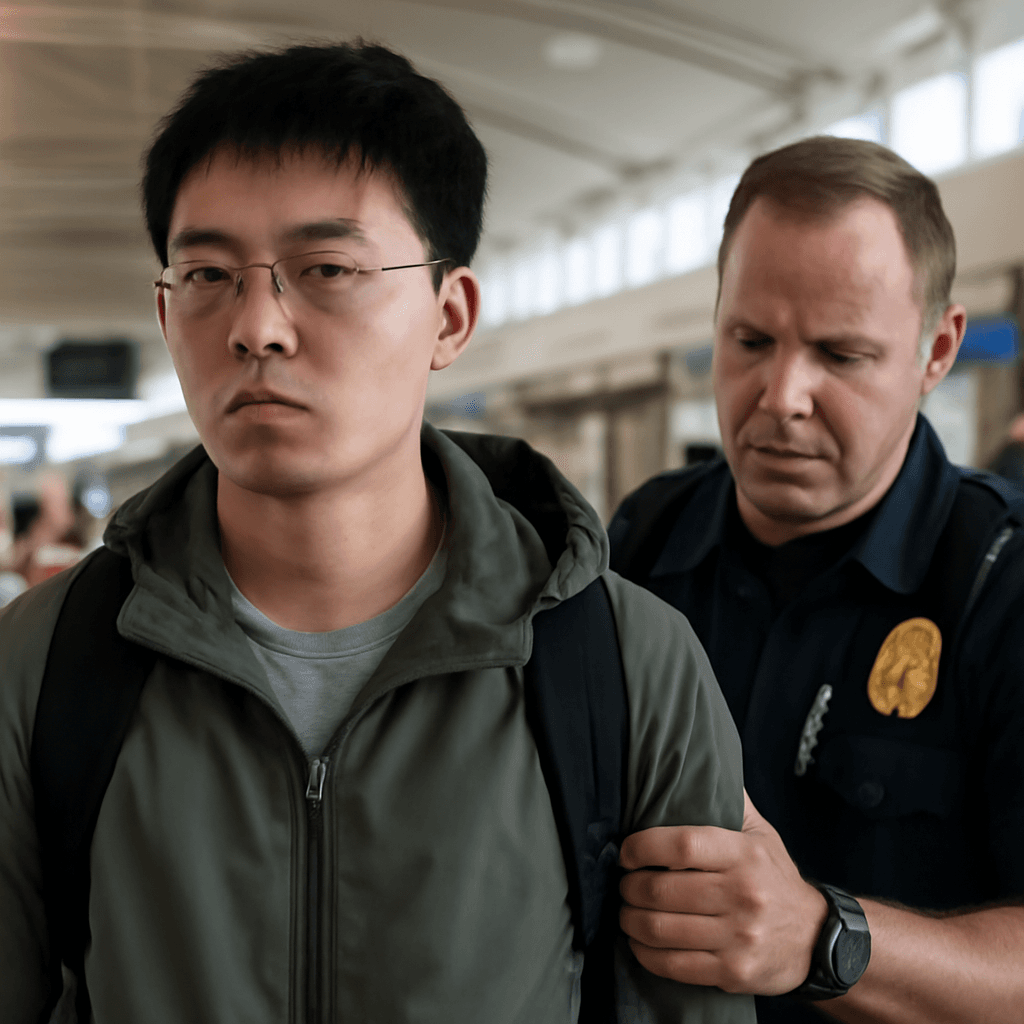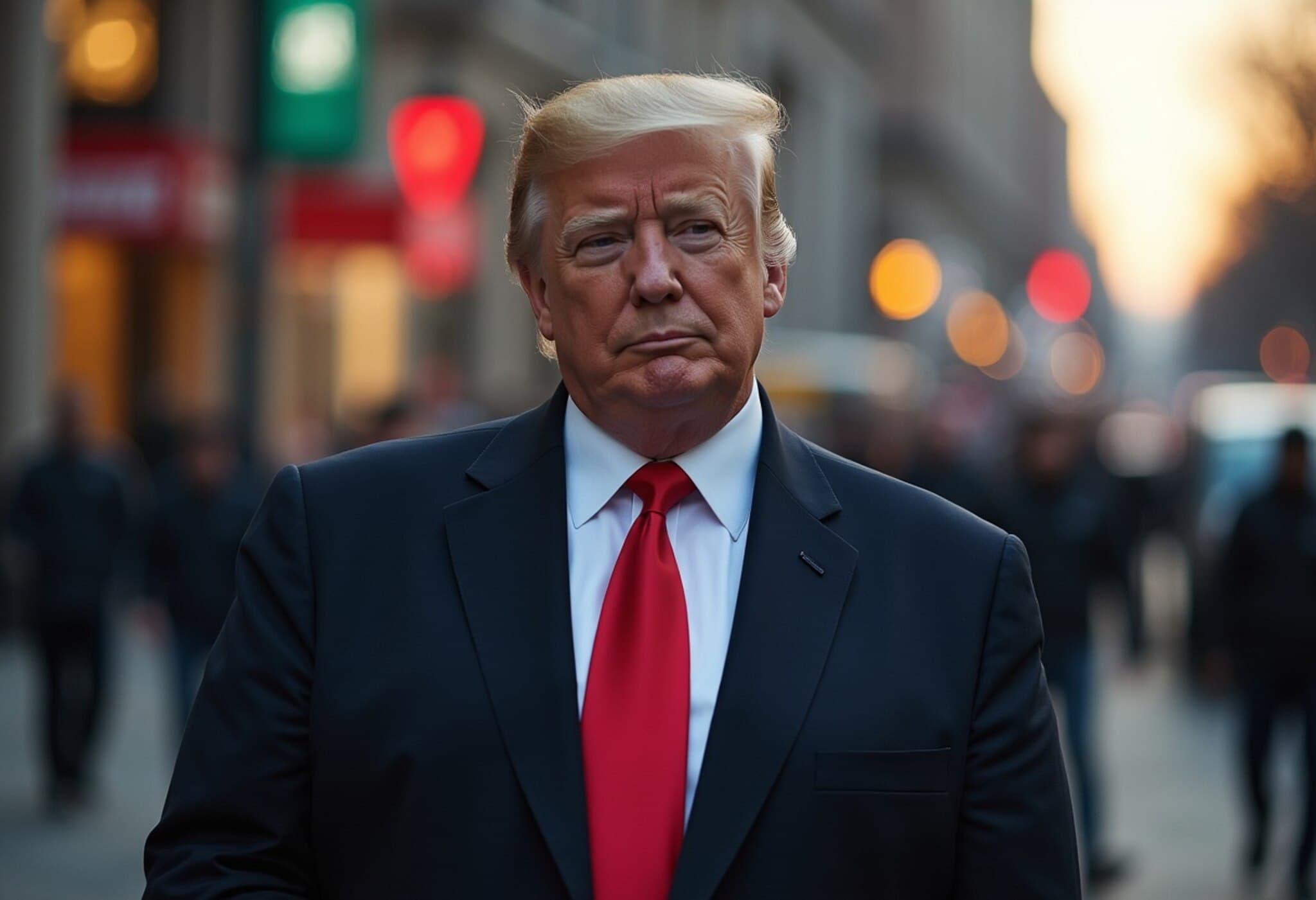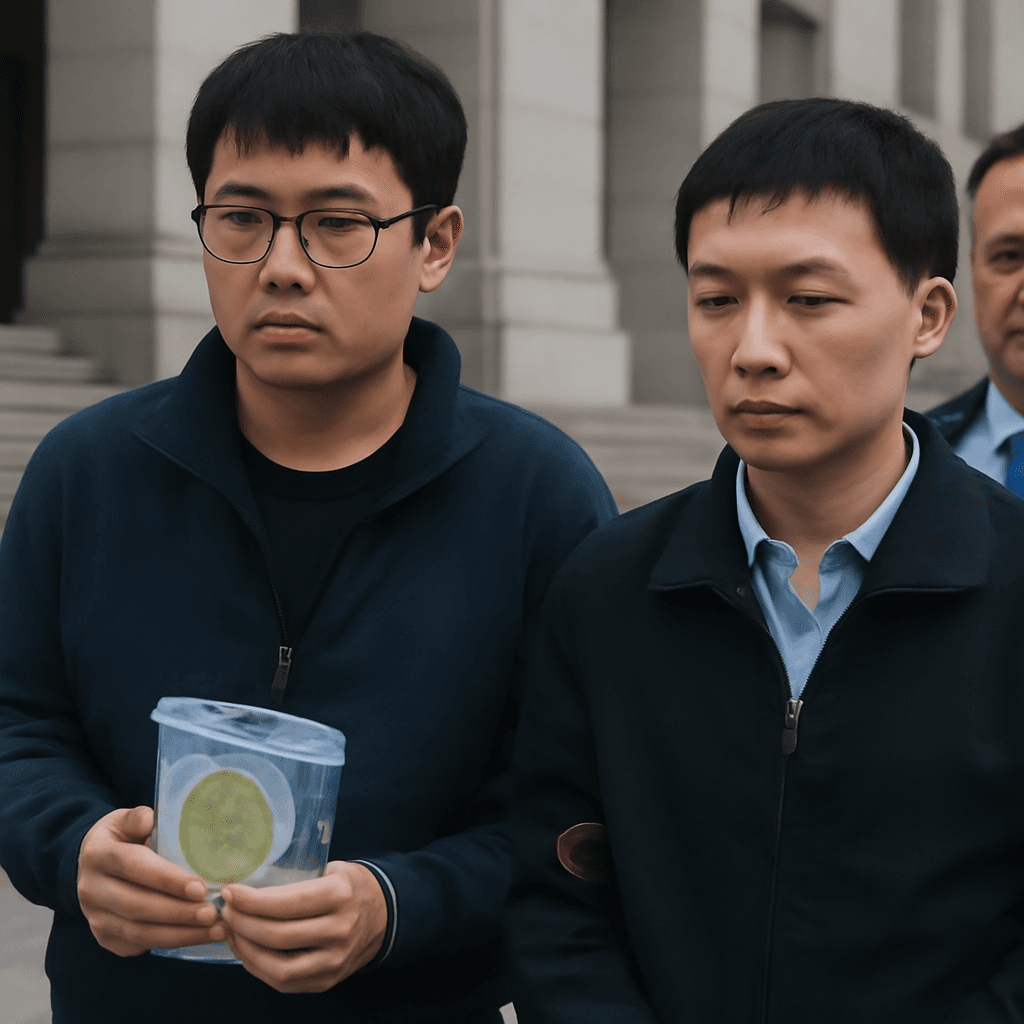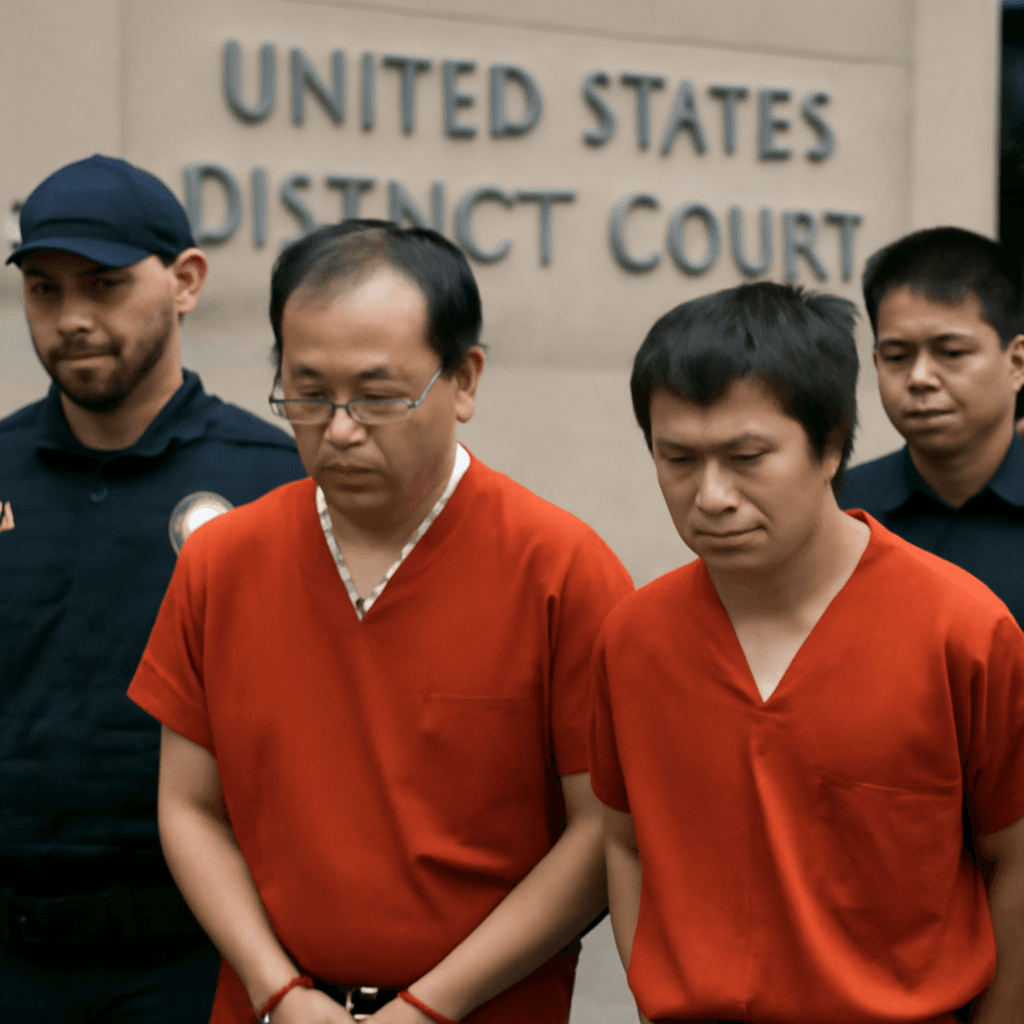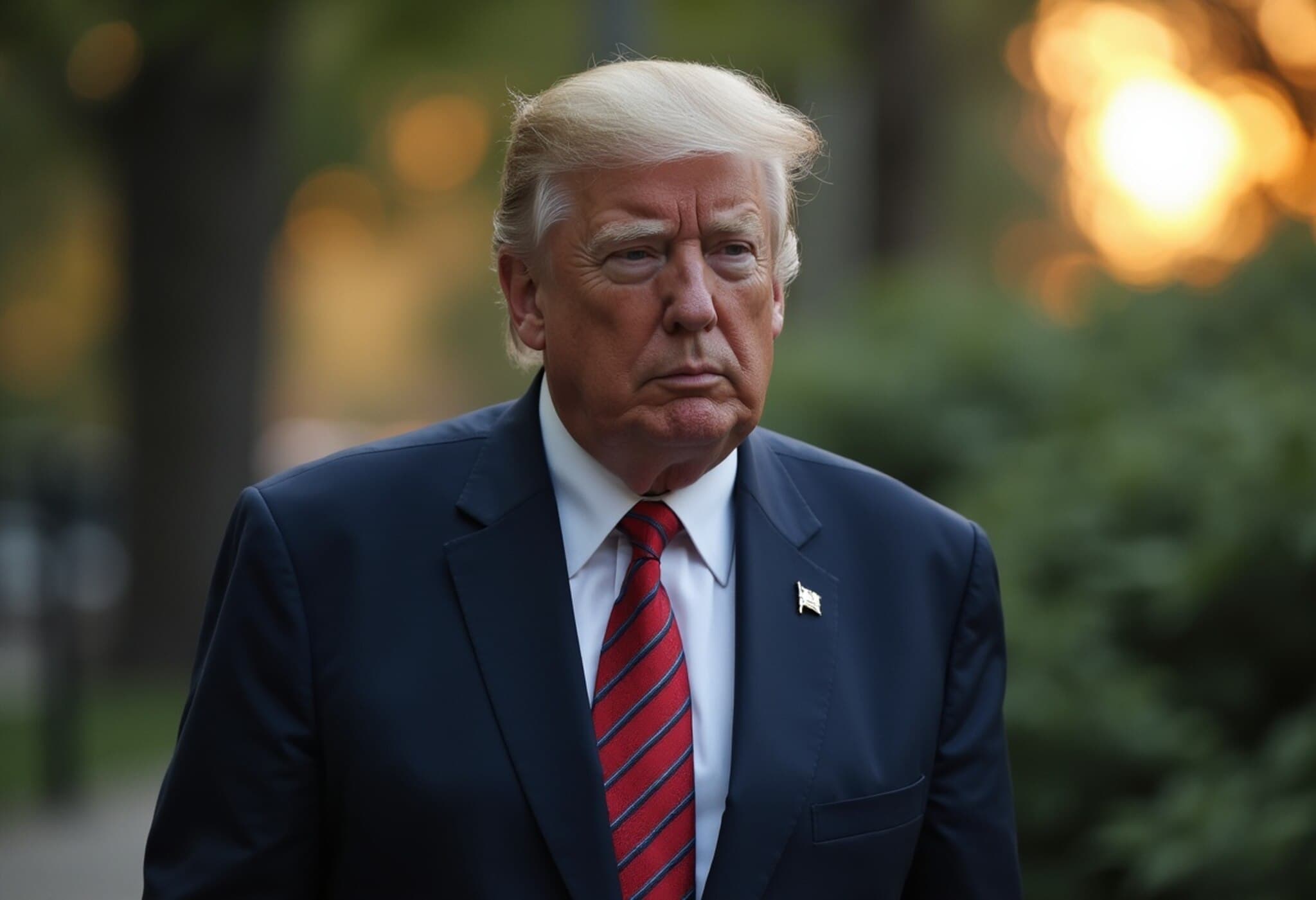US Bioterrorism Arrests Spark Calls to Sever Ties with China
Recent arrests in Michigan involving alleged bioterrorism activities have ignited intense debate over America’s diplomatic relationship with China. Experts warn that the consequences could be far graver than the Covid-19 pandemic, reigniting fears of a covert biological threat.
Attorney and China specialist Gordon Chang has vocally urged for a complete break in relations, emphasizing the urgency of the situation. "We are facing an unprecedented threat," he asserted. "This won’t just be fentanyl or Covid; something potentially worse is on the horizon."
The Case Behind the Headlines: Fungus Smuggling and Research
The arrests center on two Chinese nationals, Yunqing Jian (33) and Zunyong Liu (34), accused of smuggling and conducting unauthorized experiments with Fusarium graminearum, a destructive fungus harmful to major crops like wheat, barley, maize, and rice. Jian, a postdoctoral researcher at a prominent university, allegedly received partial funding linked to the Chinese government during this two-year period.
The Department of Justice describes this fungus as a scourge capable of causing “head blight,” which leads to multi-billion-dollar crop losses worldwide annually. Beyond agricultural harm, the toxin can induce severe health problems including vomiting, liver damage, and reproductive issues in both humans and animals.
Espionage Meets Agricultural Sabotage
Chang did not mince words: "This isn’t just academic research — it’s an attack on American agriculture and security." He suggested harsh measures, including detainment at Guantánamo, reflecting the gravity with which he views this incident in the context of a declared "People’s War" against the US by China, a strategy originally devised by Mao Zedong to wear down adversaries through persistent pressure.
Broader Context: A Pattern of Covert Actions
This case echoes other incidents where Chinese nationals have been linked to espionage and intelligence gathering on U.S. soil, ranging from unauthorized access to military installations to attempts to steal technological secrets.
- 2020 breach at a Key West naval station
- 2024 spying episode at Camp Grayling
- 2025 drone surveillance targeting naval bases
- 2021 conviction of a Harvard professor for undisclosed China ties
Experts warn that these isolated incidents collectively signal sustained attempts by a foreign power to undermine the United States’ internal security and economic stability.
The Real Cost: Potential Agricultural and Economic Fallout
Jason Pack, a former FBI supervisory special agent, paints a chilling picture: "Imagine grocery stores with empty shelves, prices skyrocketing, and critical supply chains faltering—all triggered by a biological agent introduced into our crops." He emphasizes that the deployment of a fungus like Fusarium graminearum could cause a ripple effect damaging food production, livestock health, exports, and ultimately, the national economy.
"It doesn’t require bombs or traditional weapons. A biological pathogen can cripple a nation silently but effectively," Pack added.
Calls for Vigilance and Strategic Response
With escalating tensions and emerging threats, the debate over how best to counter such covert biological assaults is intensifying. Experts argue that stricter controls over sensitive research, heightened border security, and reevaluation of diplomatic ties may be necessary steps to safeguard national interests.
In a time when geopolitical dynamics are rapidly shifting, this case serves as a sobering reminder that bioterrorism is an evolving risk warranting immediate attention.

